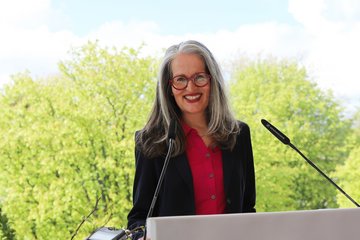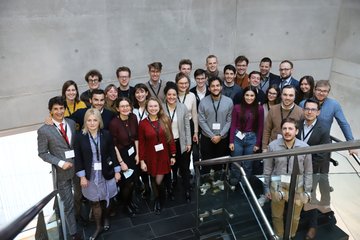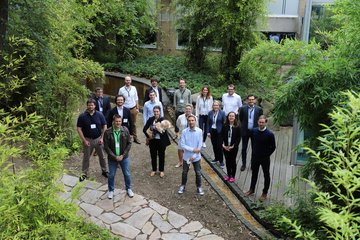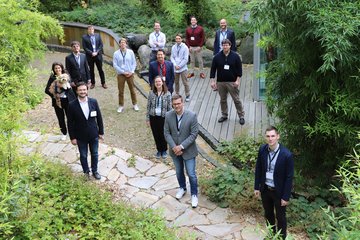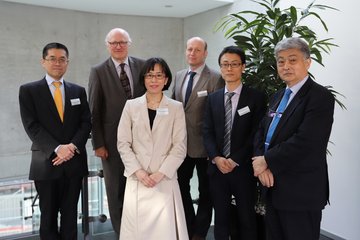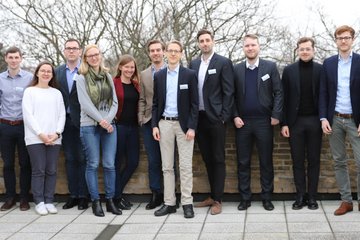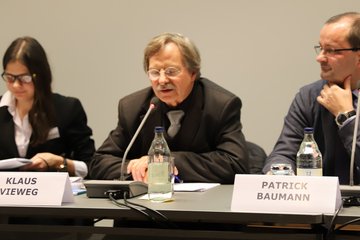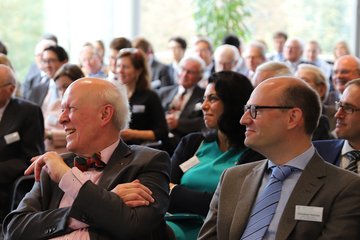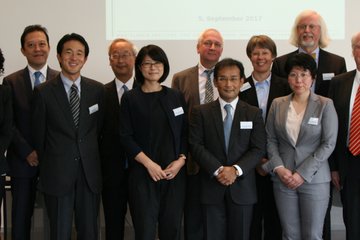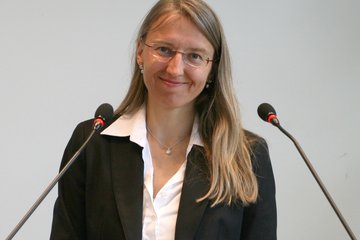Eirik Hovden (Universität Bergen): Waqf in Zaydi Yemen
Afternoon Talk on Islamic Law
- Datum: 28.04.2022
- Uhrzeit: 16:00
- Ort: Online-Veranstaltung
Ein Video des Vortrags finden Sie hier zum Nachstreamen:
Eirik Hovden (Universität Bergen): Waqf in Zaydi Yemen
© Max-Planck-Institut für ausländisches und internationales Privatrecht
About the speaker
Eirik Hovden is a scholar of Islamic law and Yemeni history at the University of Bergen, Norway. He is currently the project leader of the TMS starting grant project “Canonization and Codification of Islamic Law” (uib.no/cancode). In 2016-2018 he worked in the HERA-project “Uses of the past in Islamic law”. In 2012-2016 he was part of the research project “Visions of Community” at the Institute for Social Anthropology at the Austrian Academy of Sciences (OeAW) and his focus was Yemeni and comparative medieval history.
About the topic
In his talk, Eirik will present the main findings and arguments from his monograph “Waqf in Zaydi Yemen” (Brill 2019). Waqf (Islamic and charitable foundations) is one of the fundamental institutions in pre-modern Muslim societies, used as a way to manage charitable and public infrastructure and transfer wealth between generations in more flexible ways than the inheritance rules allow for. Legal theory (fiqh) of waqf is based on rather ideal notions of what should be what Eirik calls “the ideal waqf model”. Over time, practices that contradicted the ideals in many ways, yet still accepted in court and administration, became institutionalized and were partly taken back into the fiqh in fatāwā (legal opinions) and ḥawāshī (supercommentaries), and this way became validated and standardized. One main purpose of the book is to explore and theorize the tension that arises between ideal and pragmatic fiqh, using Zaydi waqf as a case. This talk also presents general aspects of and interconnected features in Zaydi fiqh and its diversity of genres, codification and local practice.
